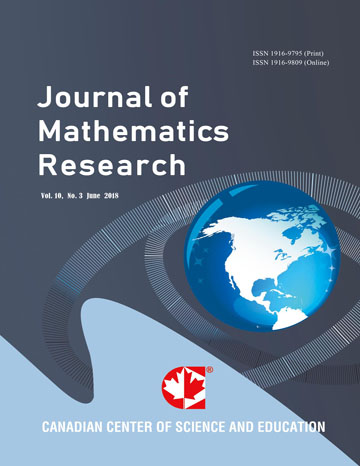On Elliptic Operator Theory
Abstract
The theory talks about partial differentiation equations. For the this reason, elliptic operators take the portion of differential operators in general Laplace operators. The operators have clear definitions through the rule that the coefficients of the highest order derivatives are positives. The above aspects imply that crucial properties, which are the main symbols, are fixed. On the other hand, they can be equivalent, meaning that they have no real characteristic directions. To expound on the above, elliptic operators are representatives of the potential theory. The reason behind this is that they often appear in the field of electrostatics and continuum mechanics. Elliptic regularity shows that their solutions tend to be smooth functions, which means that it applies if the coefficients are smooth operators. Additionally, firm state resolutions to hyperbolic and parabolic equations apply in general to solve elliptic equations. Partial differentiation equations are important mathematical formulas that apply in solving mathematical problems. The theory plays a critical role in explaining functioning of the elliptic operator as many find it a mathematical phenomenon in how efficient it is in solving problems in mathematics. The article talks about theorems and lemmas in the elliptic operator.
 PDF
PDF
